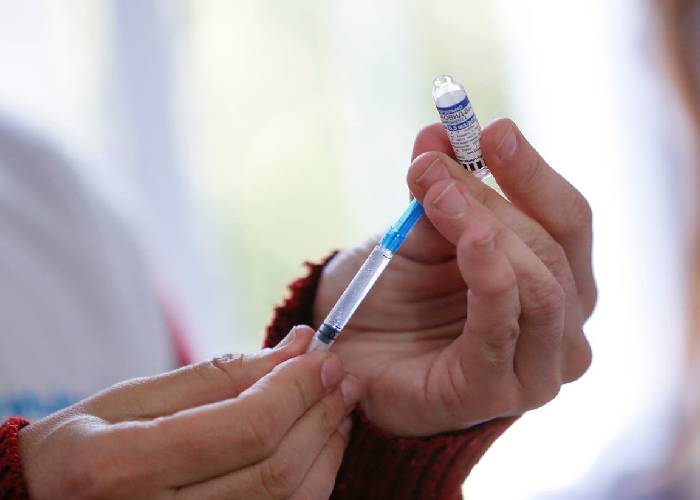×
The Standard e-Paper
Home To Bold Columnists
 United Kingdom on Friday, July 16, recorded 50,000 new Covid-19 cases for the first time since January.
United Kingdom on Friday, July 16, recorded 50,000 new Covid-19 cases for the first time since January.
According to the government stats, 51,870 cases were recorded and 49 deaths within 28 days of a positive test, bringing the UK total to 128,642.